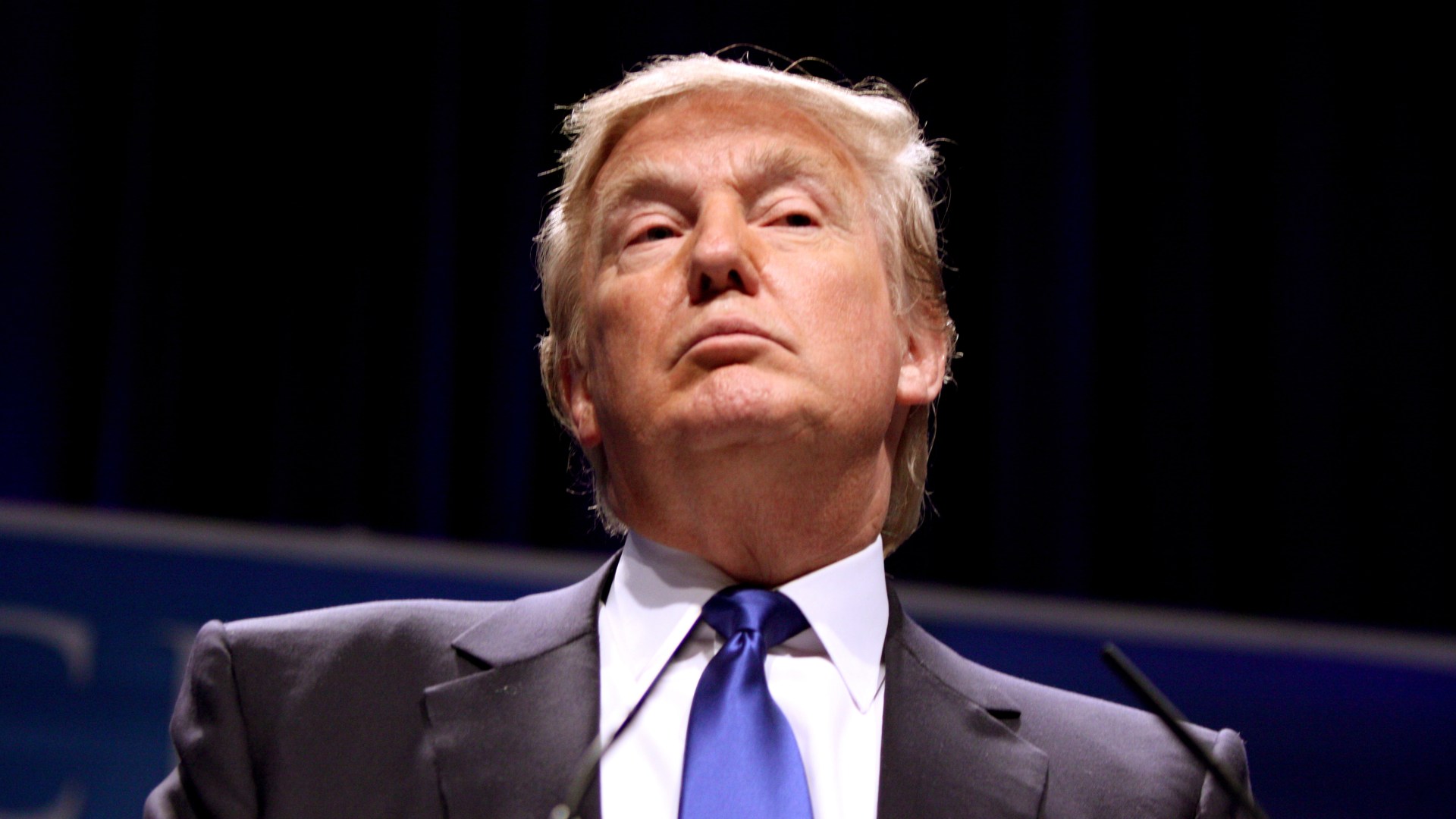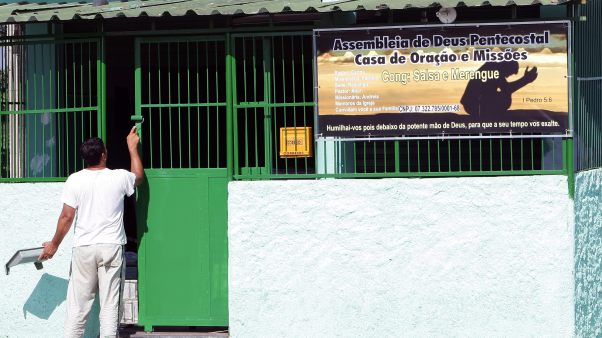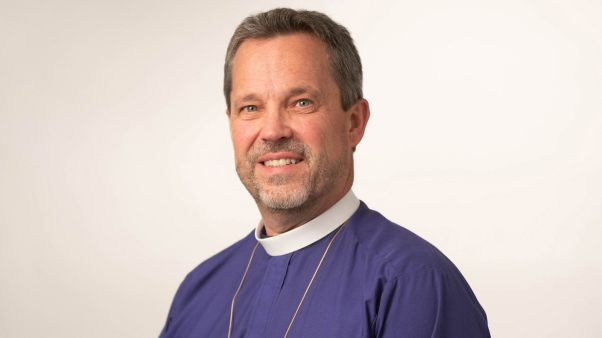A large segment of evangelicals look at Donald Trump and his followers and want to run in the opposite direction. The problem is that a lot of Trump’s followers are their brothers and sisters in Christ. Politico reported yesterday on an NBC News/Survey Monkey poll that 37 percent of white evangelical Republicans support his candidacy. Yesterday, Jerry Falwell Jr., president of Liberty University, endorsed Trump, and Dallas megachurch pastor Robert Jeffress spoke highly of him; this following Franklin Graham’s endorsement of Trump’s immigration views in December. Such evangelical support makes that first group of evangelicals really nervous.
That’s understandable given many things Trump says and supports. Like banning all Muslims from coming to America. Like shooting the families of terrorists. Like suggesting that if he himself shot someone, his fans would still rise up and rally around him.
Donald Trump sometimes acts like he’s a messiah—Ted Cruz calls it his “messiah complex.” But Trump is only a demagogue. This is not meant as a critique as much as a fact: A demagogue is “a political leader who seeks support by appealing to popular desires and prejudices rather than by using rational argument.” Trump does in fact appeal to popular desires, some of which are prejudices, and he tends to scorn rational argument, even eschewing debates now.
But in large measure, Trump’s detractors are eschewing rational argument as well. Instead of presenting an argument why banning all Muslims is bad policy (why it doesn’t make demographic sense, why it will likely make terrorism worse, and so on), most just exclaim, “Unbelievable!” and “that’s Hitleresque.” Trump is rightly critiqued for fear mongering and demagoguery, but his detractors are sometimes his mirror image.
This sort of political discourse is starting to affect how evangelicals talk about Trump. A notable exception is Russell Moore. He has consistently presented a line of argument—and not just name calling. His major thesis is that Trump is immoral by Christian standards. This is a fact: from Trump’s owning of strip clubs to his bragging about sleeping around to his Nietzsche-esque notions of power. Moore believes that a leader’s moral behavior will affect his leadership, so he argues that no Christian should support a candidate like Trump. This will not convince all Christians, but at least it’s an argument grounded in the fact of Trump’s moral behavior.
Unfortunately there is little argument displayed by either side, only fearful allusions as to what will happen if Trump does or does not get elected. What’s more troubling is the talk of excommunication. After Falwell endorsed Trump yesterday, immediately some anti-Trump evangelicals started wondering if this signals a major breach in evangelicalism: “Now that Falwell Jr. and other self-described evangelicals have thrown in with Trump, I wonder if we are seeing the beginnings of another significant divergence.” This writer is only expressing in public what many evangelicals on both sides will be more and more tempted to say. “How can you be a Christian and support/critique Donald Trump?”
It brings to mind the political battles in the days of when the Relgious Right was in its ascendency. Then the bright line of Christian orthodoxy was whether you were a Democrat or a Republican, with some Christians actually wondering about the faith of those believers in the other party.
To state the obvious: The litmus test of an evangelical is not his or her stance on Donald Trump. The most decisive political act we perform is not our support for or against Trump or Cruz or Clinton or Sanders or whomever. Our most radical political act happens when we gather and worship together under the sign of the Cross—a sign of contradiction to a world that lusts for political power—bending the knee to the Lord who “brings princes to naught and reduces the rulers of the world to nothing” (Is. 40:23, NIV) on the way to establishing a political order that knows no injustice.
And just as radical in this moment, we worship our King by linking arms with men and women of all political stripes and allegiances. Why? Because we’ve been told that the dividing walls of hostility have been torn down by Christ’s death (Eph. 3). Not just dividing walls between Jews and Greeks, men and women, slave and free, but also those between liberals and conservatives, elitists and populists.
Let’s not let a wannabe prince put asunder what Christ has joined together.
Mark Galli is editor of Christianity Today.
Correction: The article has been amended to reflect that Robert Jeffress has not endorsed Trump. Our apologies for the confusion.









